As the clock struck 3 pm on a crisp autumn afternoon, Emma found herself standing in the middle of a crowded coffee shop, her eyes scanning the room for an escape from the impending doom that was her family's annual Thanksgiving gathering. She had always dreaded this day, not because she didn't love her family, but because the unwritten scripts that guided their social interactions seemed to break down at an alarming rate, leaving her feeling like she was stuck in a never-ending game of social improvisation.
Emma's anxiety was not unique. In fact, it's a feeling that many people around the world can relate to, especially during times of cultural or social transition. But what if we told you that awkwardness is not a personal failing, but rather a natural response to a situation that has broken down? This is the argument put forth by philosopher Alexandra Plakias, author of Awkwardness: A Theory, who believes that there are no awkward people, only awkward situations.
Growing up in a multicultural family in the United States, Plakias was no stranger to awkward encounters. Her parents, both immigrants from Eastern Europe, would often find themselves struggling to navigate the nuances of American social etiquette, leading to moments of cringe-worthy confusion. But rather than viewing these moments as personal failures, Plakias saw them as opportunities to learn and grow.
"Awkwardness is not something that happens to us, it's something that happens in situations," Plakias explains in an interview with The Gray Area podcast host Sean Illing. "It's when the scripts that guide our social interactions break down, and we're left to improvise without a map."
This concept of scripts and improvisation is particularly relevant in the context of globalized cultures, where people from different backgrounds are increasingly interacting with one another. In Japan, for example, the concept of "honne" and "tatemae" refers to the distinction between one's true feelings and the social mask one wears in public. This can lead to moments of awkwardness when individuals are forced to navigate these different social norms.
In India, the tradition of "Namaste" - a greeting that involves a slight bow and a prayer-like gesture - can be a source of awkwardness for those who are not familiar with it. And in many African cultures, the concept of "ubuntu" - which emphasizes the interconnectedness of all people - can lead to moments of awkwardness when individuals are expected to prioritize the needs of the community over their own.
So, how can we navigate these awkward situations and turn them into opportunities for growth and connection? According to Plakias, it's all about removing the power from the situation. "When we treat awkwardness as a personal failing, we're giving it power over us," she explains. "But when we see it as a natural response to a situation that has broken down, we can start to take control of it."
For Emma, this meant taking a deep breath and embracing the uncertainty of the situation. Instead of trying to follow a script, she decided to simply be present in the moment, and let the conversation unfold naturally. And to her surprise, it worked. The conversation flowed easily, and she found herself laughing and connecting with her family members in ways she never thought possible.
As we head into the holiday season, Emma's story serves as a reminder that awkwardness is not something to be feared, but rather something to be navigated with curiosity and openness. By removing the power from the situation and embracing the uncertainty of the moment, we can turn even the most cringe-worthy encounters into opportunities for growth and connection.
In the words of Plakias, "Awkwardness is not something that happens to us, it's something that happens in situations. And when we see it that way, we can start to take control of it, and turn it into something beautiful."
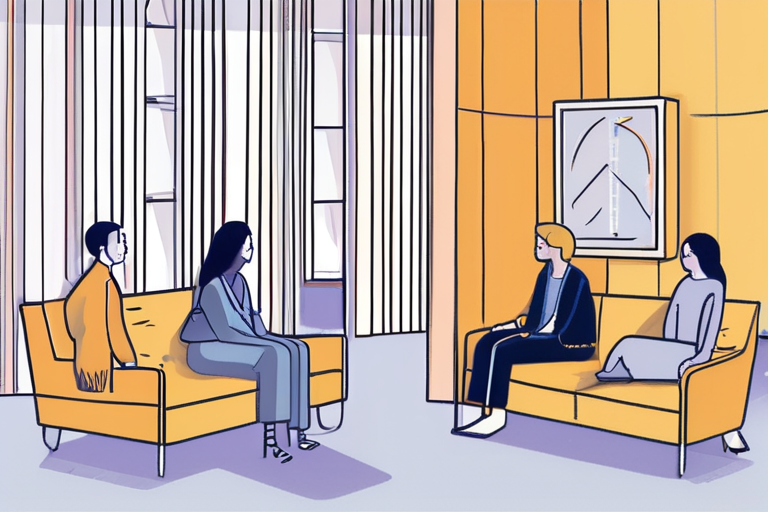


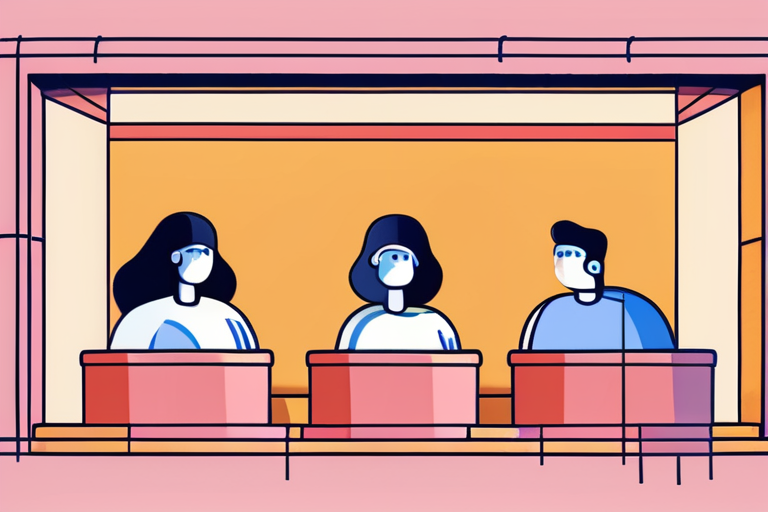
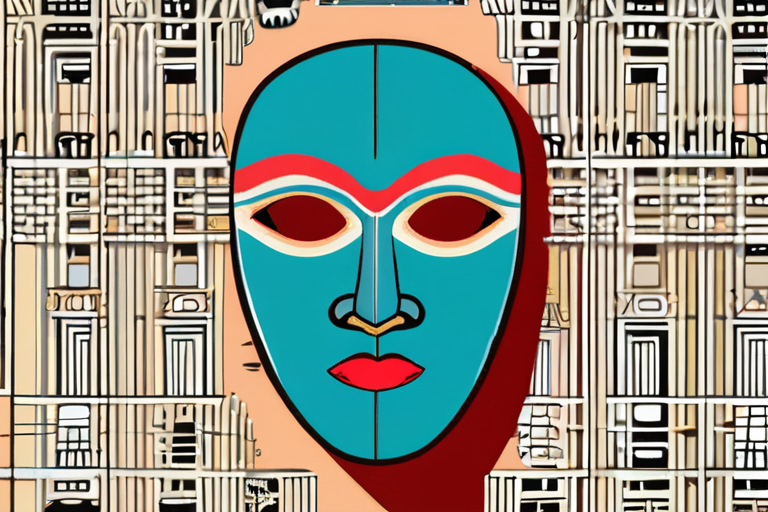
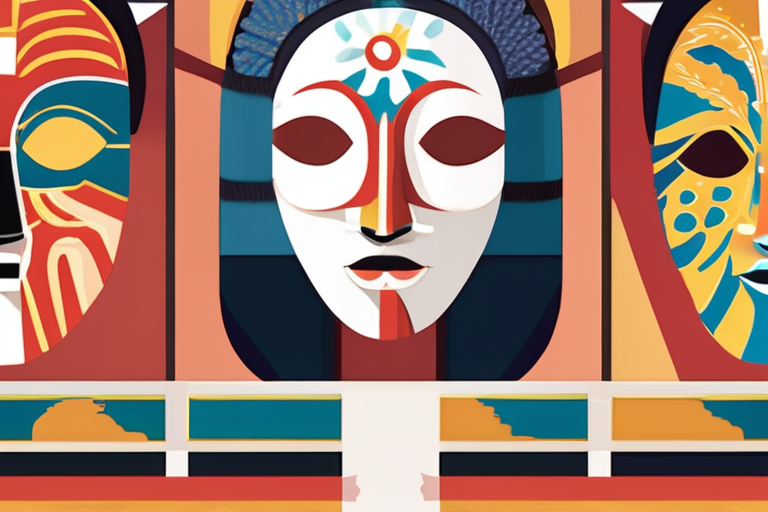
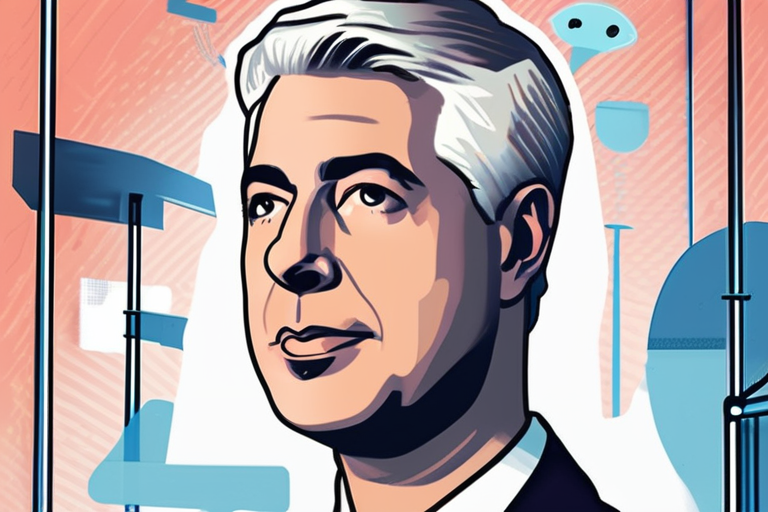
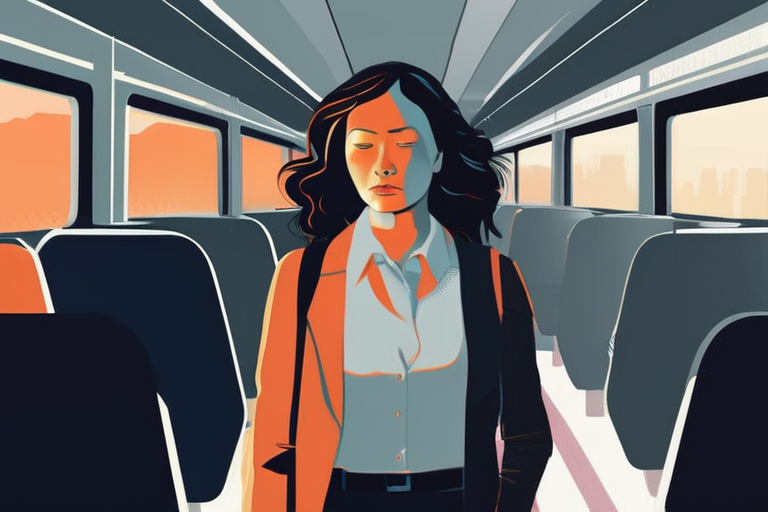
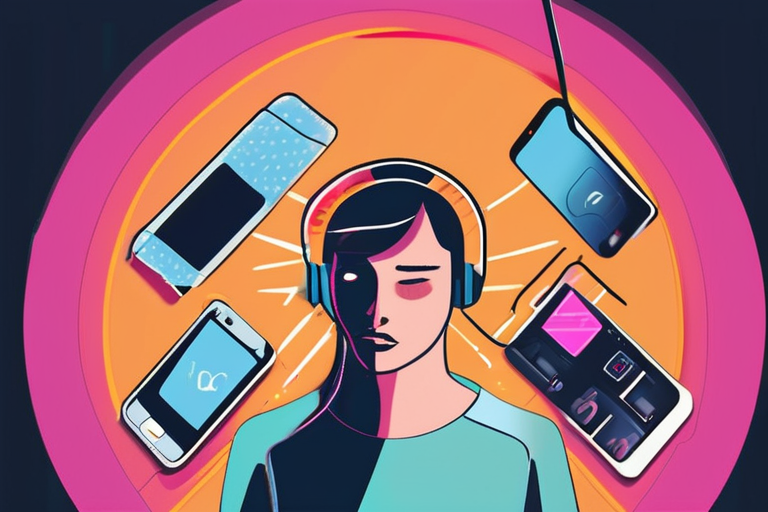
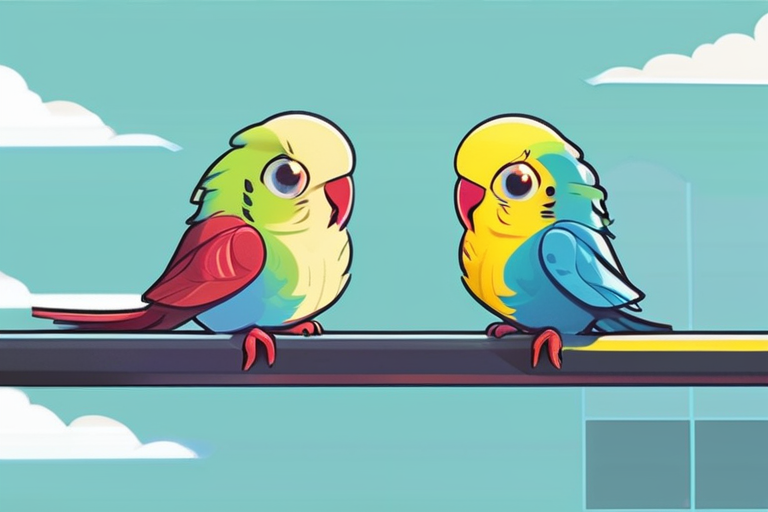

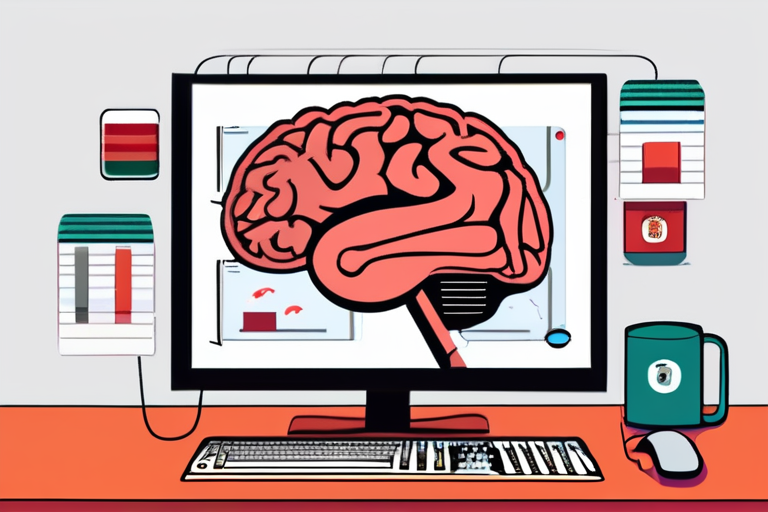
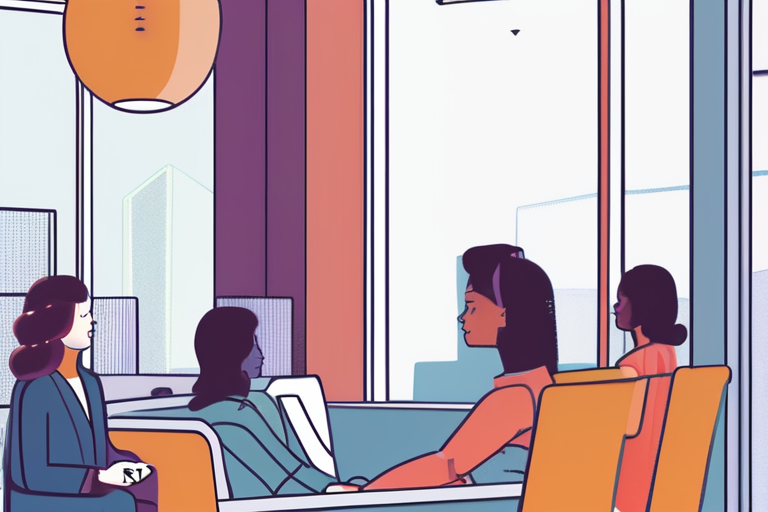

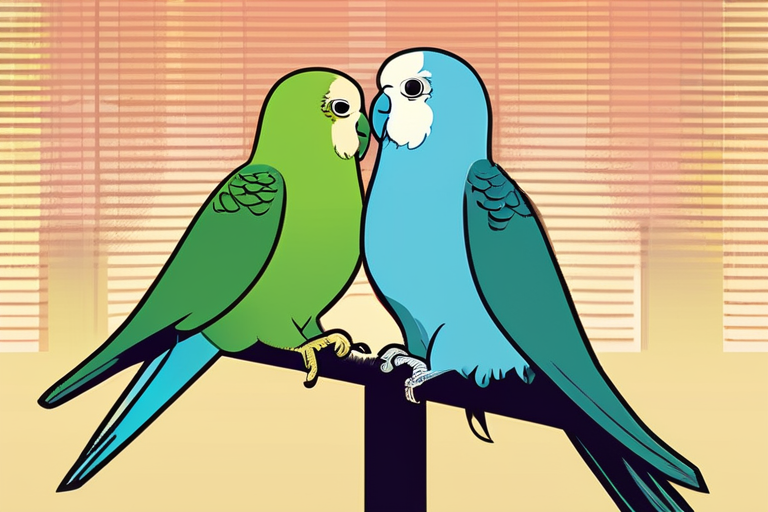
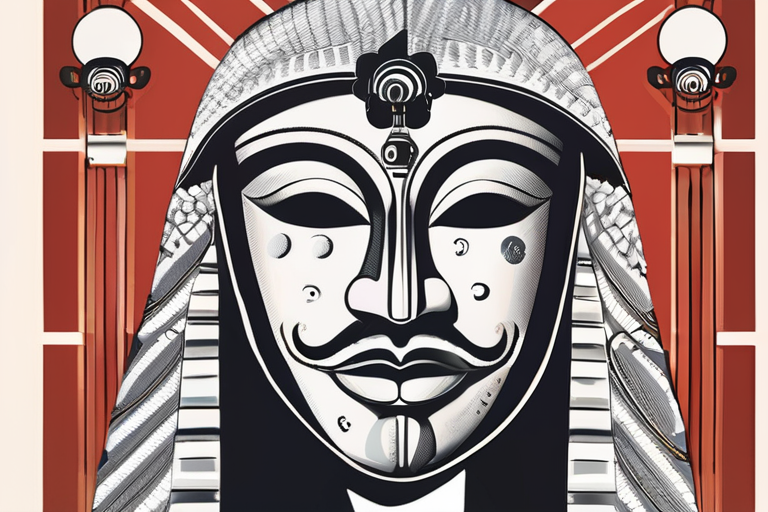
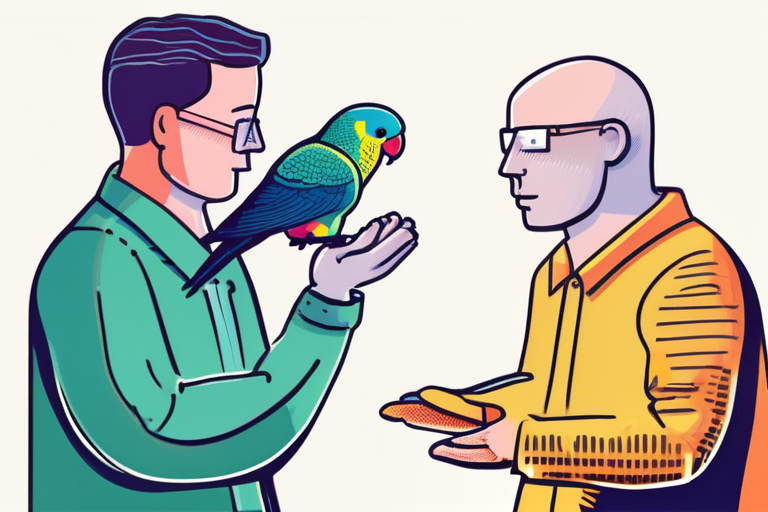
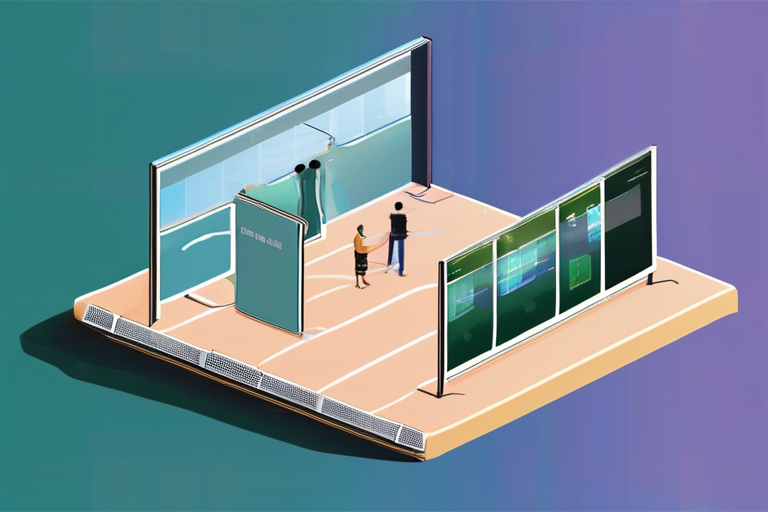
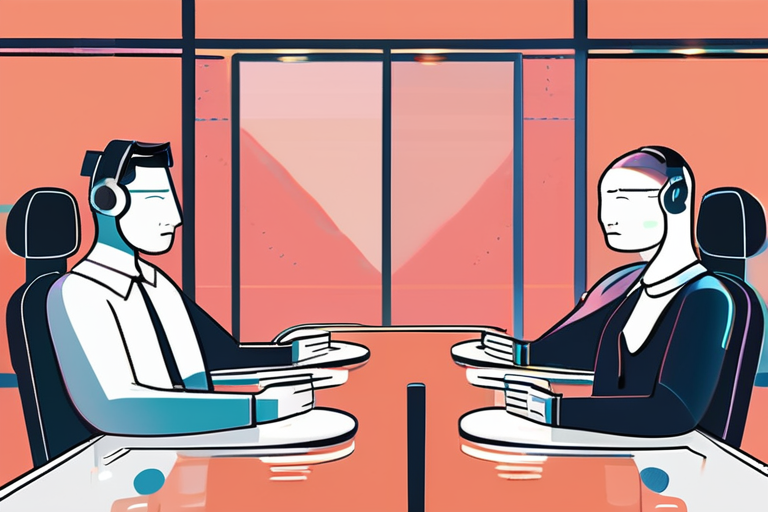
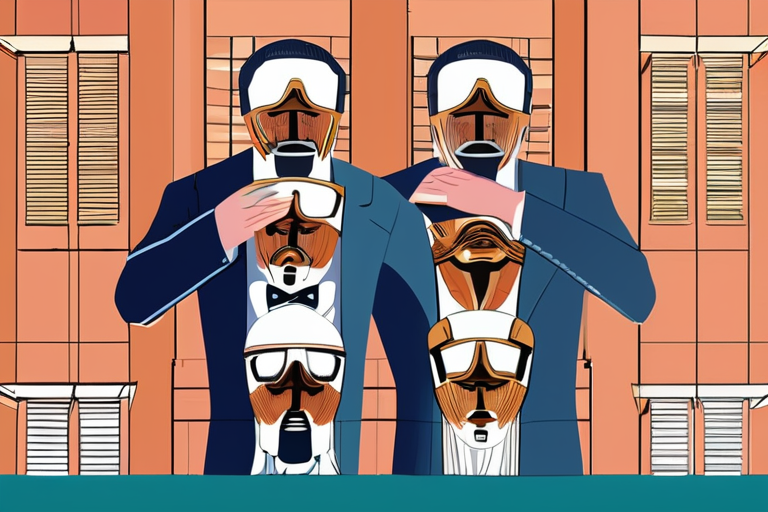
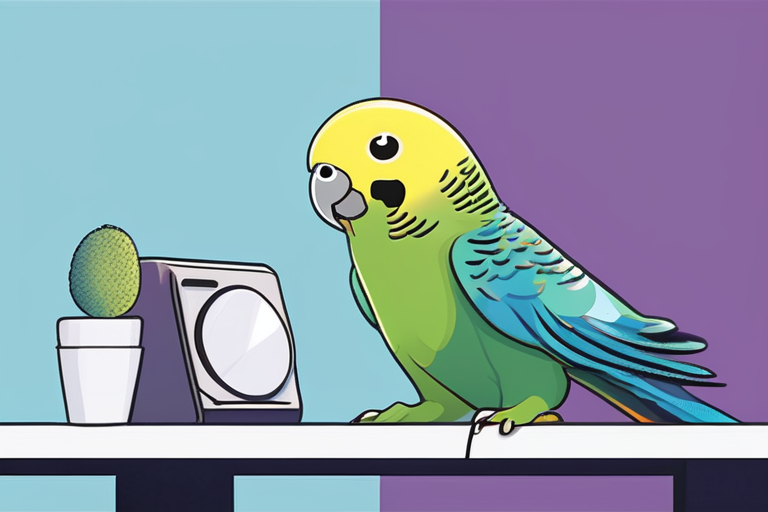
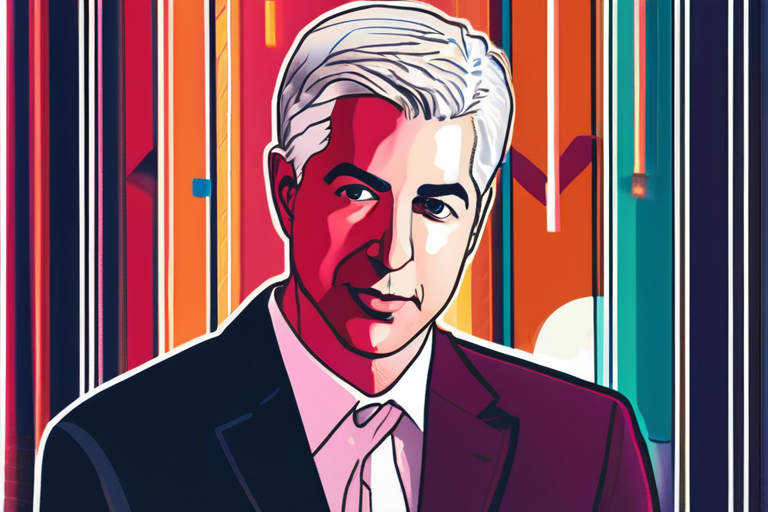
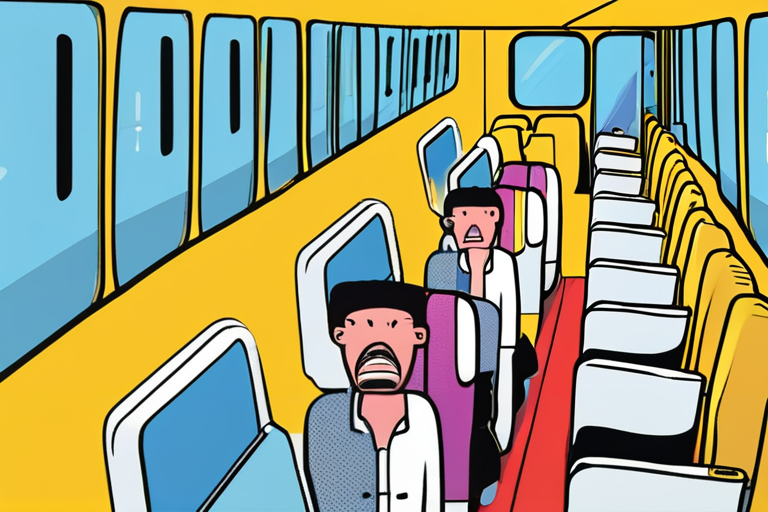

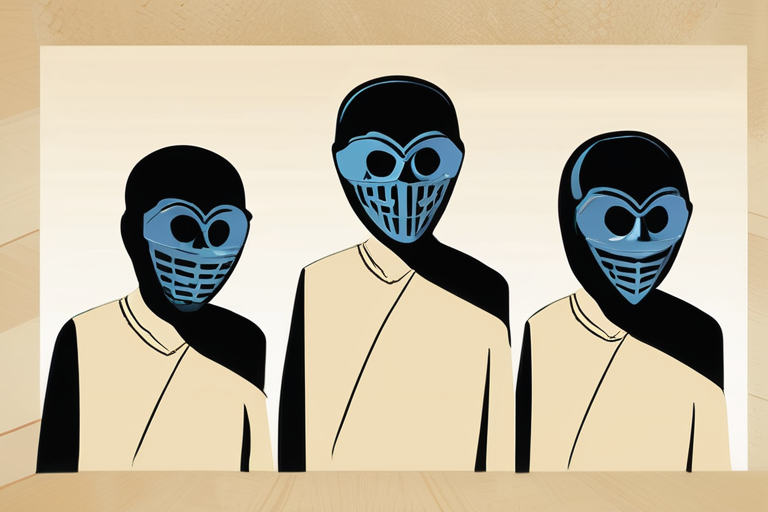
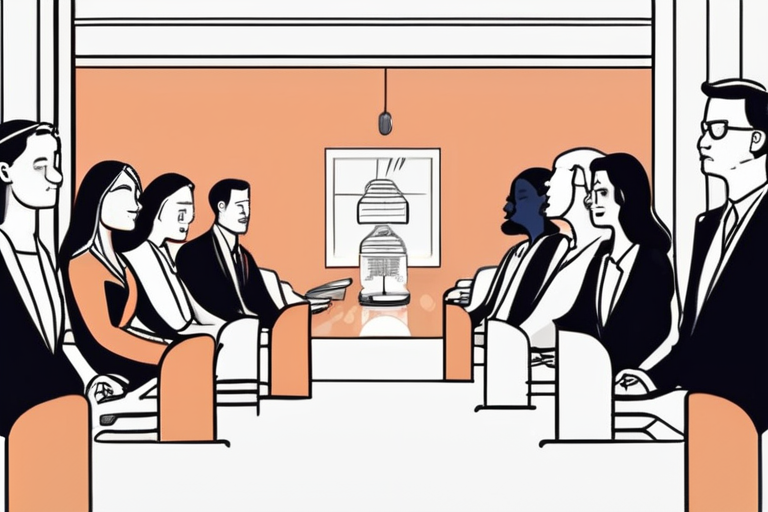
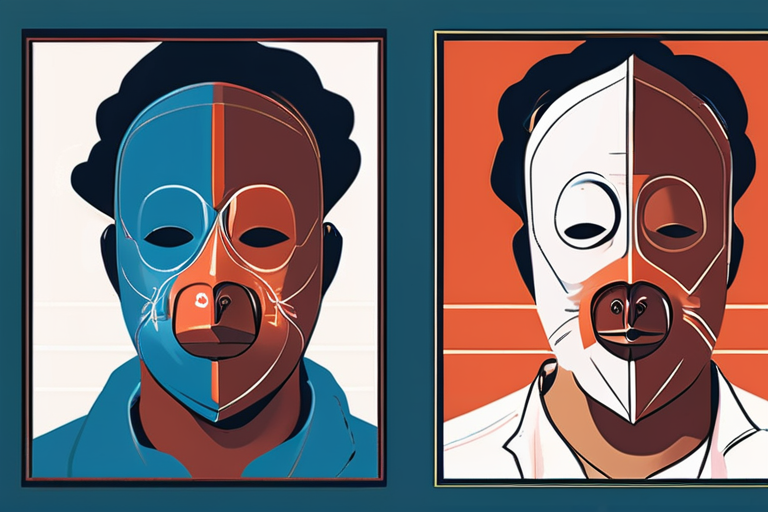
Share & Engage Share
Share this article